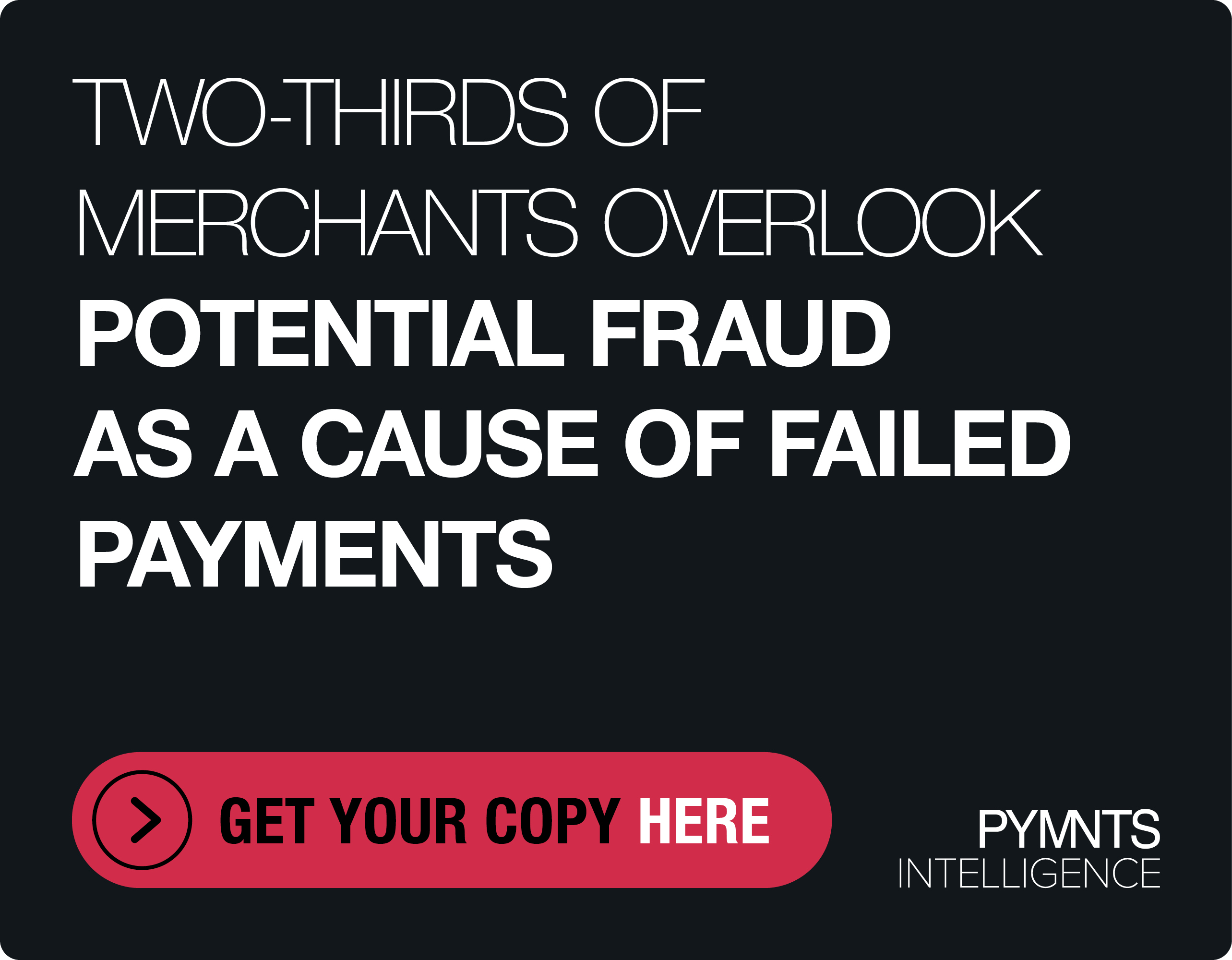When Late B2B Payments Hit, Smaller Companies Struggle

Delayed and late B2B payments continue to plague the economy, and unfortunately, as this week’s B2B Data Digest reveals, it’s often the smallest of businesses hit hardest. New analysis finds some micro-firms can wait up to a year to be paid — if at all — while Medicaid changes in one state have left small healthcare providers without their reimbursements.
One in four microbusinesses wait more than a year to be paid, according to a new survey by small business money management FinTech Wave. Using the U.S. Small Business Administration definition of a microbusiness — a business with fewer than 10 employees — Wave inquired about these operations’ receivables operations. Seventy percent said they waited between one to six months to get paid. And while businesses continue to invest in digitization, inadequate bookkeeping as well as overdue invoices and payment delays from their customers continue to create headaches for this business segment. The research also revealed that about one-third of customers said they did not have enough money to pay their invoices from a microbusiness, while an additional third admitted they simply forgot to pay. Nearly one-quarter claimed they did not receive an invoice. Thirty percent of survey respondents said these invoice delays forced a microbusiness to use personal funds to cover business expenses.
500 percent more requests for early payment were received by the customers of construction contractors in Sydney, Australia, new data from Earlytrade revealed. Describing the data as “alarming,” the FinTech said subcontractors and site managers across the city had been given only days to close construction sites under a government shutdown. The firm said it had not seen such a spike in demand on its platform before, adding that subcontractors made more than 2,200 early payment requests over a single weekend — five-times the average volume. Chief executive and co-founder Guy Saxelby said, “We’re seeing fear and panic among Sydney subbies.”
1.6 million people in North Carolina are now facing changes in the way they receive Medicaid benefits, but reports in WCNC noted that the state’s efforts are also impacting the way small healthcare businesses are also affected as they face delays in payment. North Carolina agreed to shift control of its Medicaid program to five private companies, reports said. But small healthcare providers are telling reporters that the change has led to delays in receiving reimbursements on pending claims. “Unfortunately, I do know personally business owners who are not able to pay their staff this month,” one business owner told the publication. “I can’t think of another business where you don’t get paid for an entire month and that’s the problem.”
$62 million is being sought by China Evergande Group by Huaibei Mining Holdings, which filed a lawsuit against Evergande accusing the company of failing to pay its invoices. Reports said the suit is requesting the money for fees and breach of contract, while another organization has also filed a lawsuit against the firm with similar allegations. The cases reflect growing frustration among Evergande’s suppliers, which reports said could raise further concerns among investors over the financial health of the company following S&P Global Ratings and Fitch decisions to cut Evergande’s credit ratings. DBS Bank macro strategist Chang Wei Liang told reporters, “The spate of lawsuits over debt payment … suggests that the company is now facing liquidity issues.” Reports noted that an Evergande subsidiary had an estimated $32 billion worth of commercial bills, a product used in China’s real estate industry as a financing tool.
